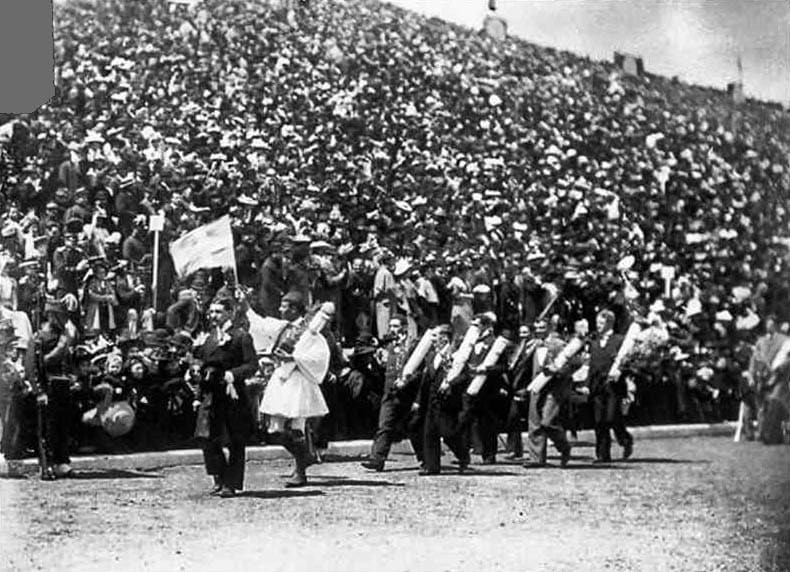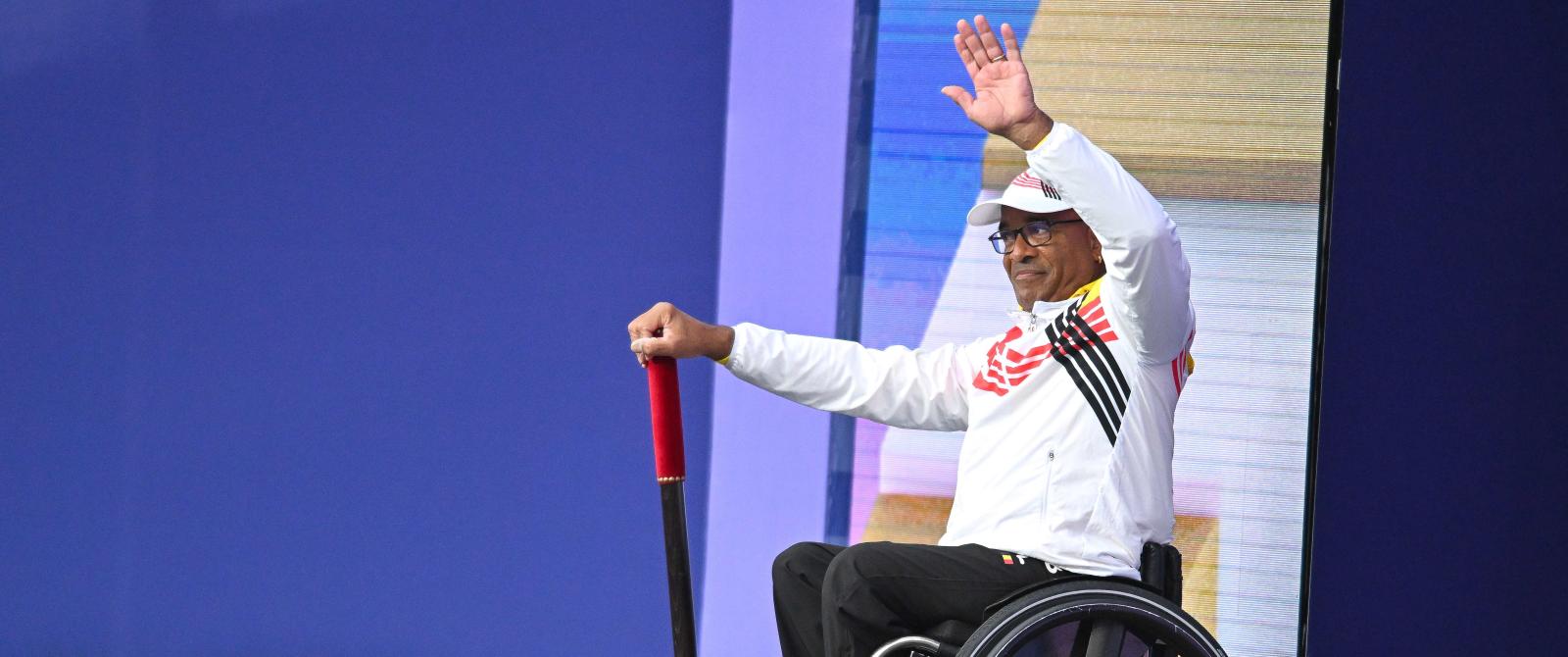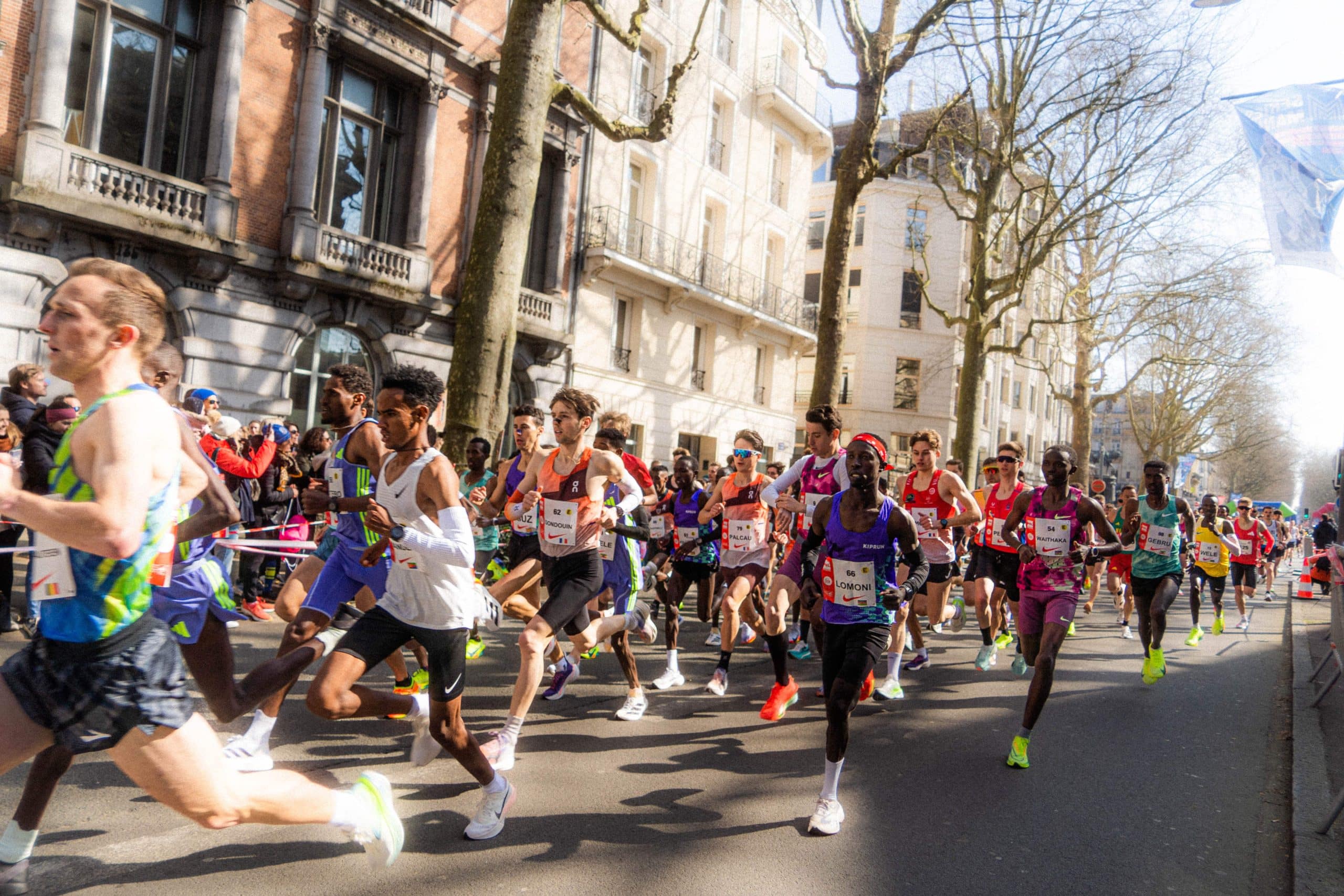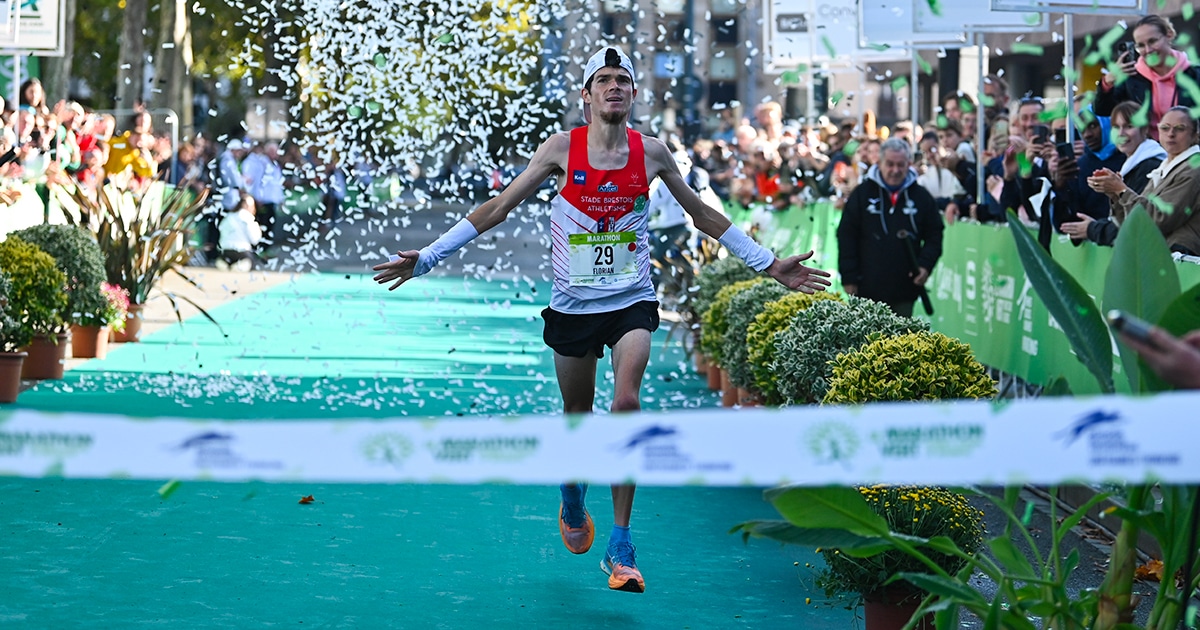Spyridon Louis, forever the first
27/11/2024 16:41The marathon is one of the most prestigious events in sports. Since the first Olympic Games in 1896, the distance has built its myth with great strides. Its first winner? Spyridon Louis, an ordinary man who became the first Olympic star…
In the late 19th century, after the creation of the International Olympic Committee (IOC) in 1894, Pierre de Coubertin and his team worked tirelessly on the first edition of the Olympic Games. The French leader received a letter from Michel Bréal, a prominent linguist and philologist of the time, specializing in Ancient Greece, who strongly encouraged him to hold the first games in Athens and to include the marathon as an official event. It might seem obvious today with the likes of Eliud Kipchoge, but at that time, the distance was just a legend. The legend of a Greek messenger, Pheidippides, who, in 490 BC, supposedly ran from the town of Marathon to Athens, about 42 kilometers, to announce the Greek victory against the Persians at the Battle of Marathon, before collapsing from exhaustion.
It was likely due to the historian prowess of Michel Bréal that the marathon resurfaced. According to information from the Olympic Museum in Lausanne, Pierre de Coubertin received these words from Bréal: “If you are going to Athens, you might try to see if it is possible to organize a long-distance race from Marathon to Pnyx. It would highlight the character of Antiquity… I personally claim the honor of sponsoring the marathon trophy.” A brilliant idea that bore fruit.
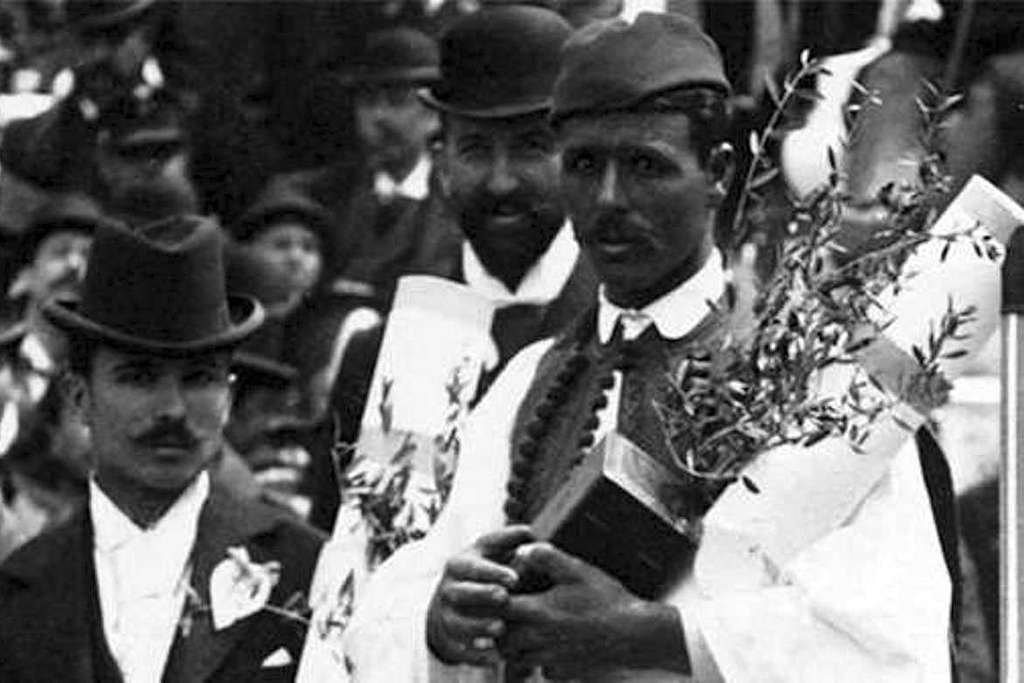
The incredible fate of Spyridon Louis, sometimes called Spýros Louis, was born from this idea. Born in 1873 in Marousi, in the Attica province north of Athens, into a humble and hardworking environment, the young man was not destined for glory. Hastily organized, the first Olympics required runners. The crossroads of destiny approached. Colonel Papadiamantopoulos was tasked with organizing the Greek selections for the marathon and remembered this young soldier who had stood out for his endurance and speed during his military service. Legend has it that Spýros honed his distance running skills by accompanying his father on the roads of northern Greece to deliver mineral water. The colonel eventually registered Spýros Louis on the list of marathon runners, along with 16 other runners, including a Frenchman, Albin Lermusiaux. However, during the selections held under poor weather conditions, he had not qualified, but was last-minute selected and finally entered…
When destiny hangs by a thread
At 23 years old at the time, Spýros Louis went from a quiet and humble life to the spotlight: by winning the first marathon in 2h58’50, he became the star of a whole nation, especially since Greek results in other disciplines were disappointing. He completed the final lap of the Olympic stadium alongside King George I of Greece and Crown Prince Constantine, before a proud crowd of 100,000 people in a frenzy! More than a century later, people in Greece still aspire to “run like a Louis.” His time should be put into perspective for number enthusiasts: the first marathon was approximately 40 kilometers. The official distance of 42.195 km would not appear until the London Olympics in 1908.
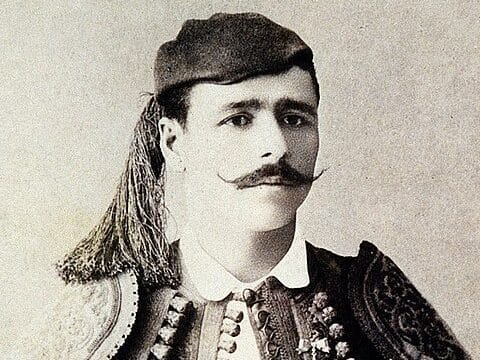
Forty years after the event, before the Berlin Olympics and as the flag bearer for the Greek delegation, he recalled: “That moment was something incredible, and I still remember it as a dream… Twigs and flowers rained down on me. All the spectators were shouting my name and tossing their hats in the air…” An extraordinary fact about Spýros Louis is that he never considered himself an athlete and never raced competitively again. Dazzled by his success, which drove a whole nation wild, he retired to his village, refused all monetary rewards, and only accepted a cart for his daily water transport work.
He passed away on March 26, 1940, in his hometown of Marousi, surrounded by loved ones.
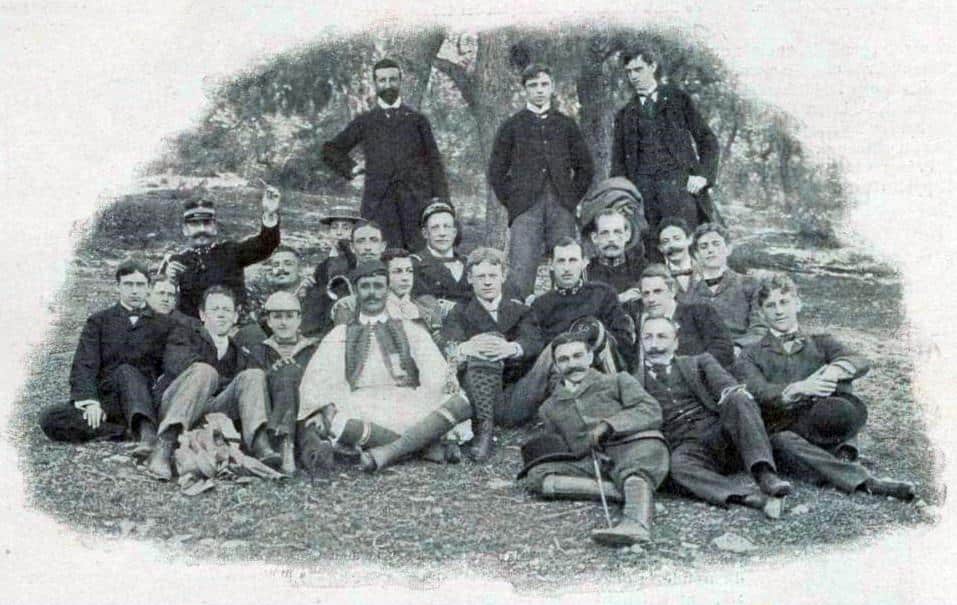
(Photo credit: Olympic Museum)
Discover more about Spyridon Louis
To relive the legend of Spyridon Louis, movie enthusiasts can look for the film “It Happened in Athens” (1962), watchable here, the first Hollywood film made about the Athens Olympics. The storyline is based on the first Olympic marathon.
